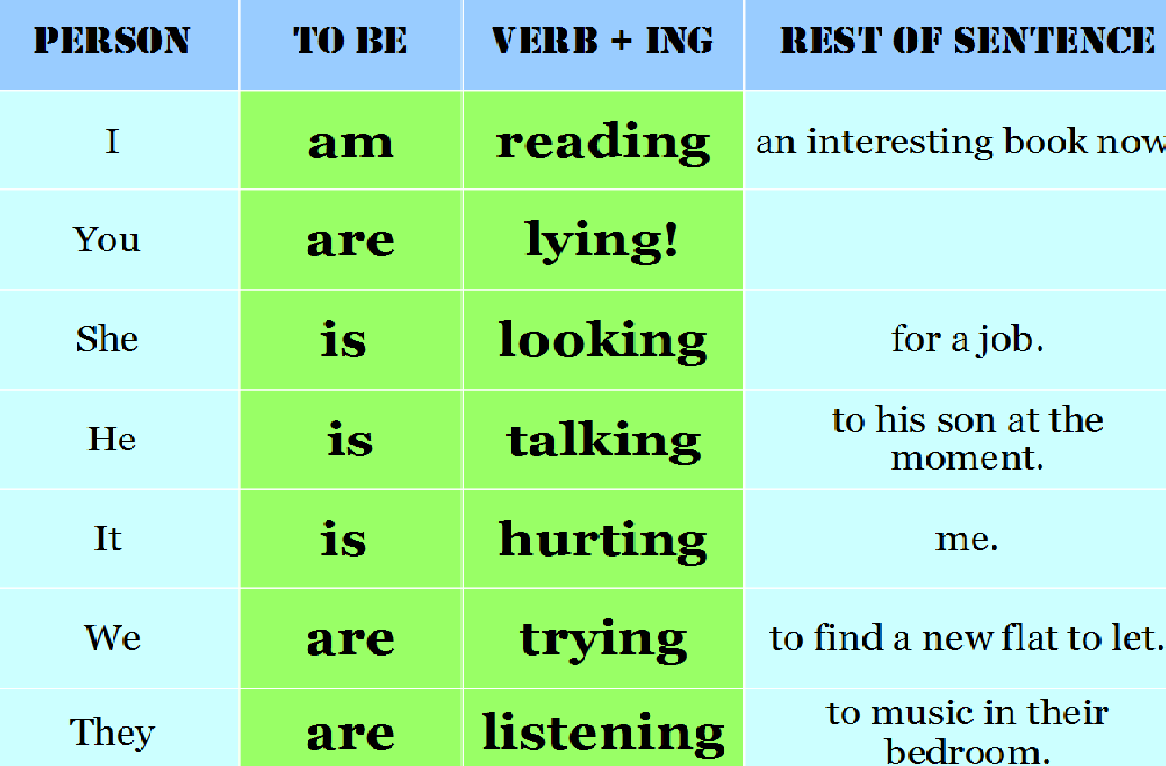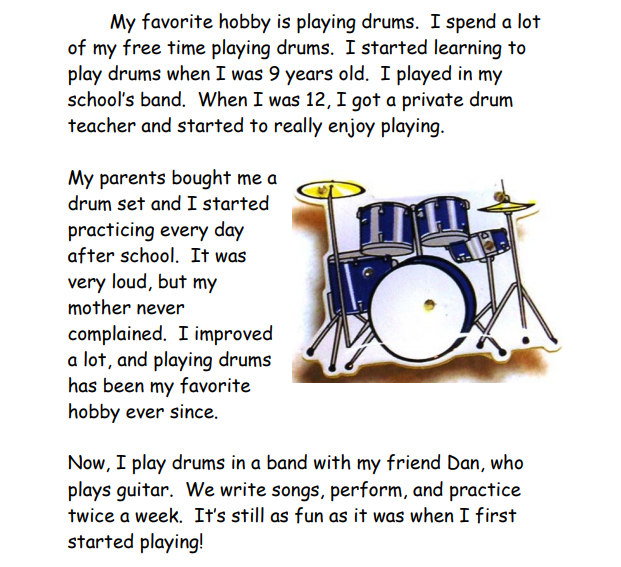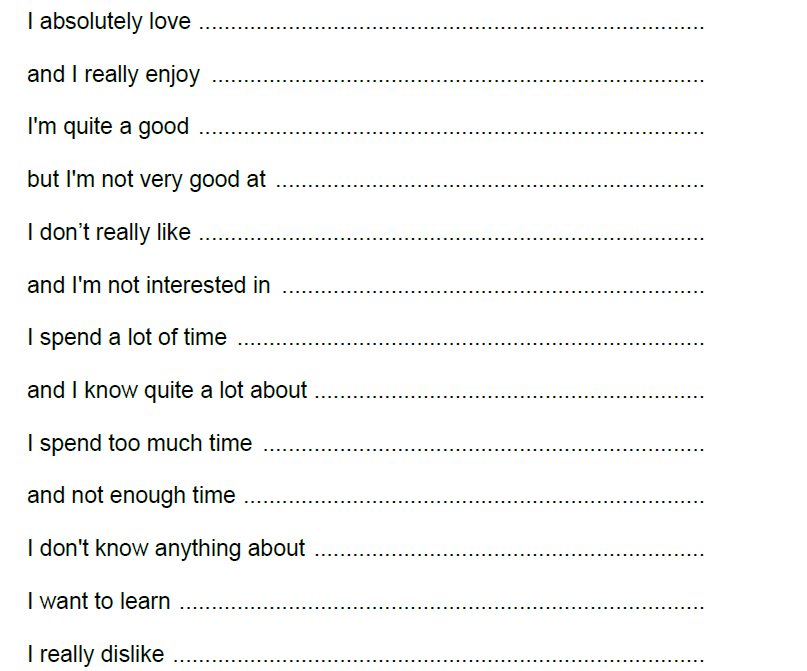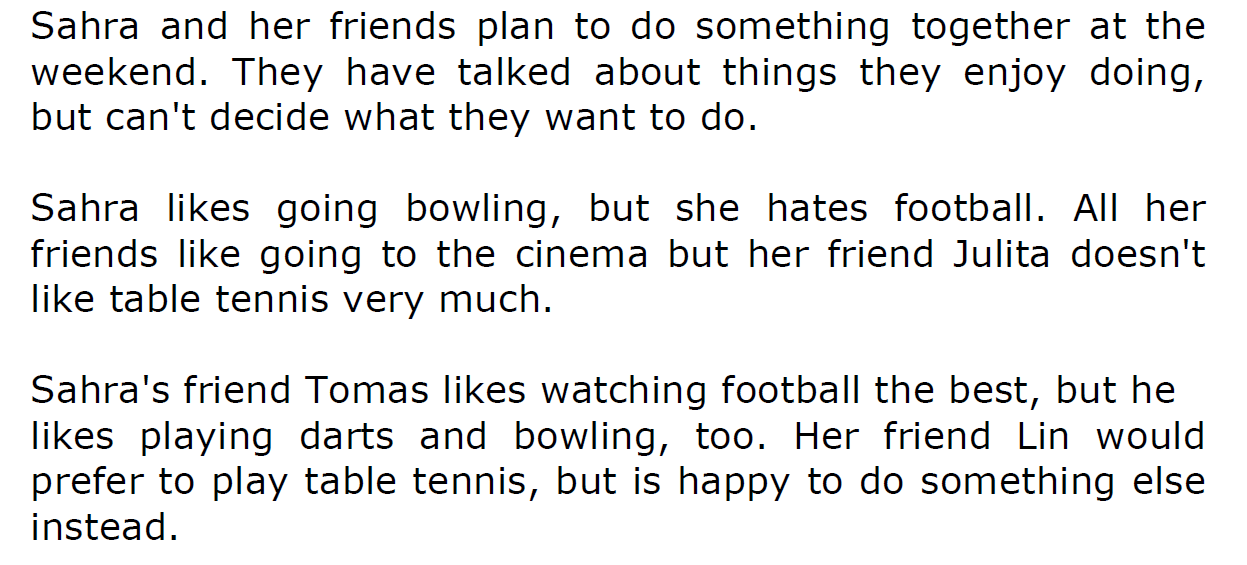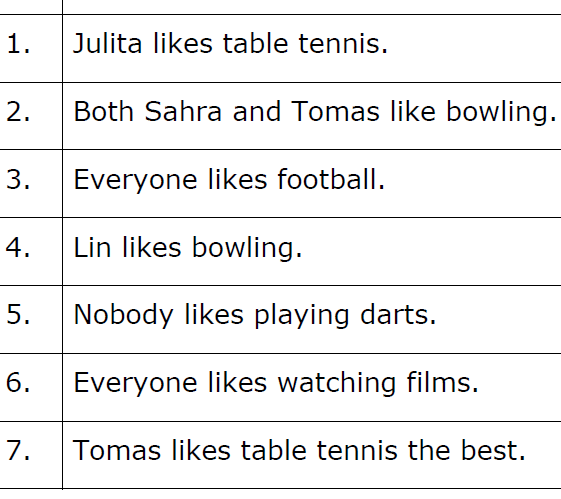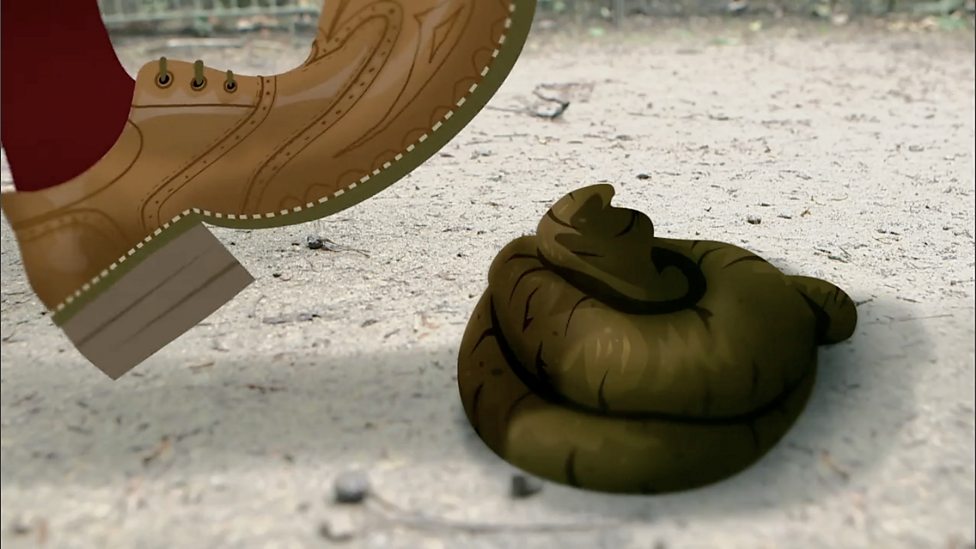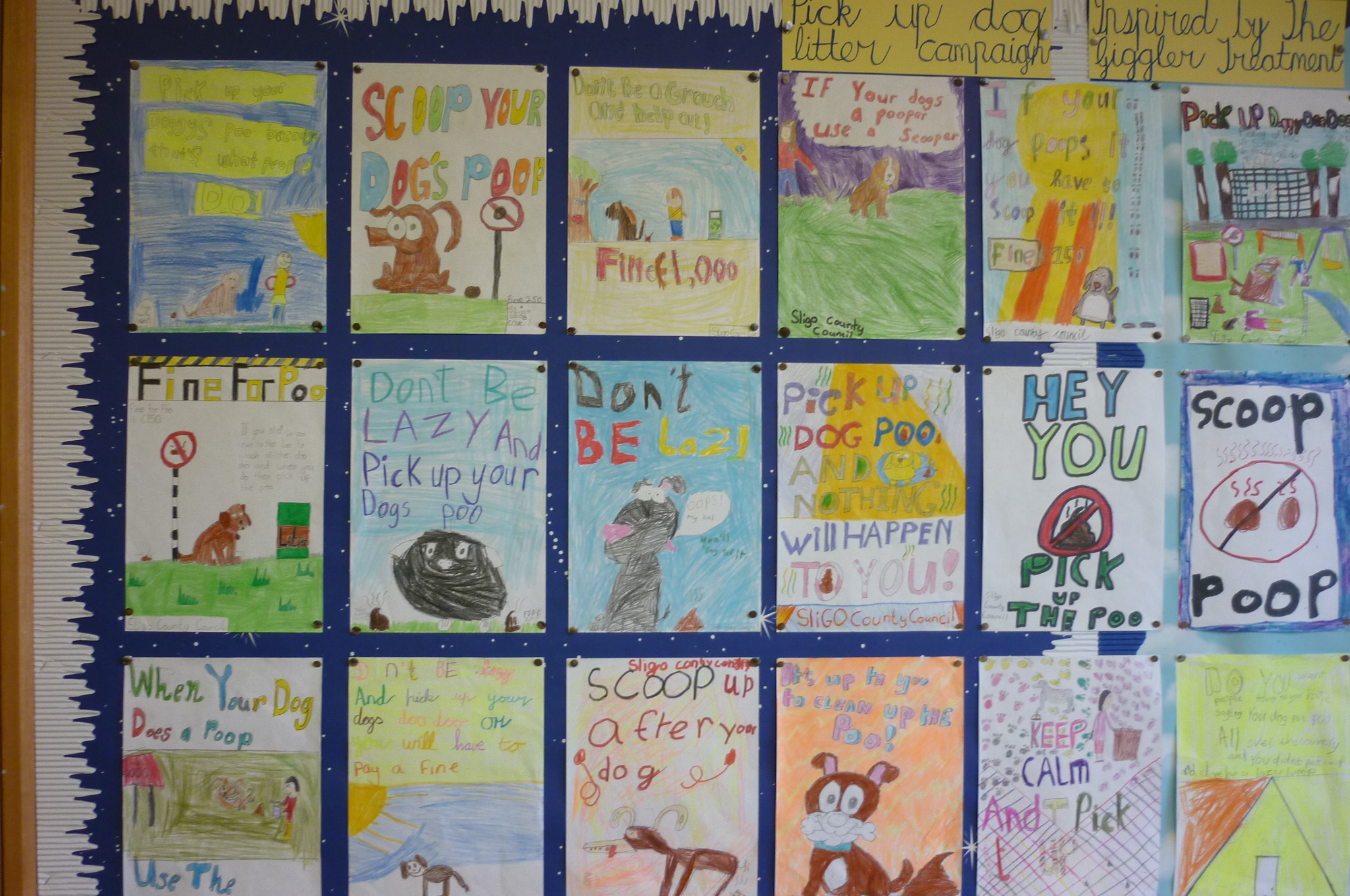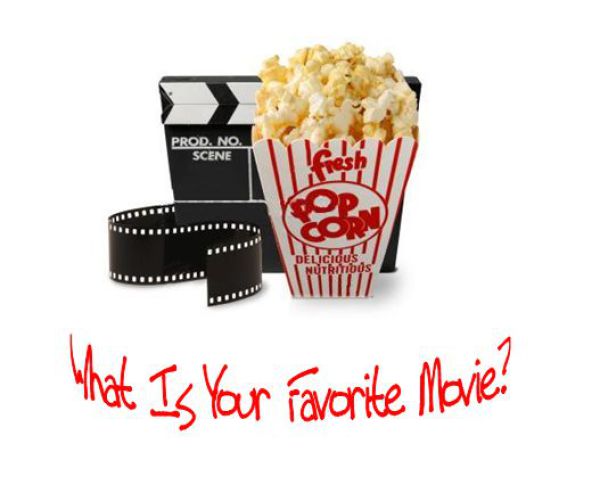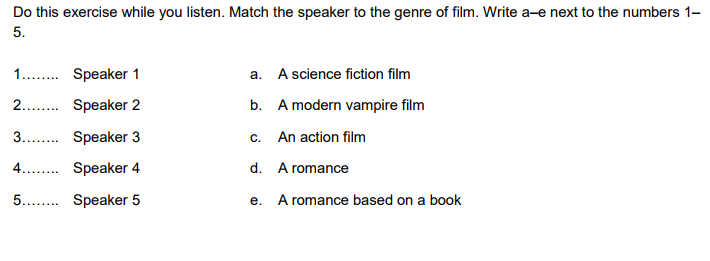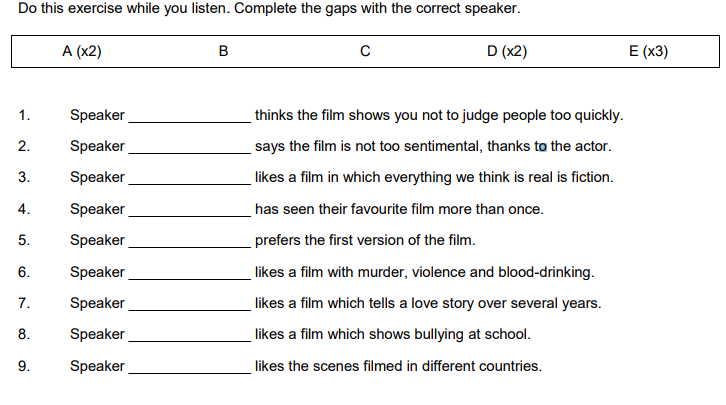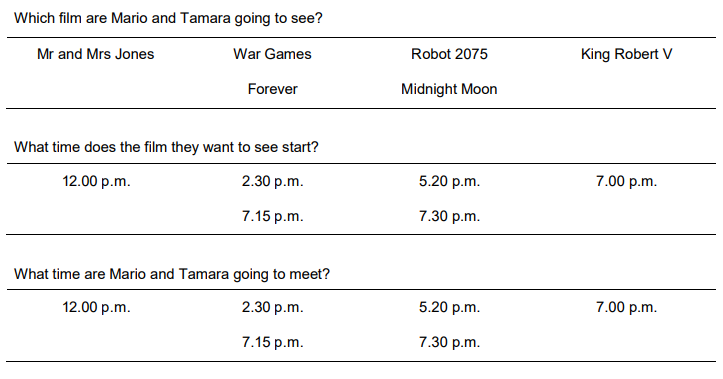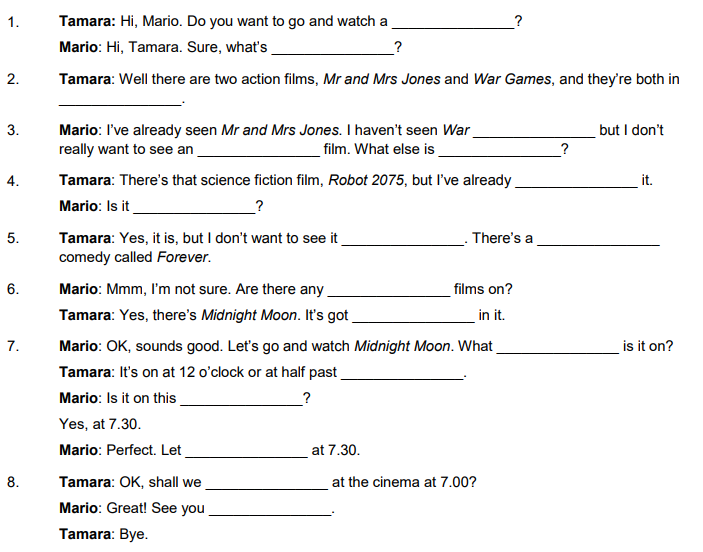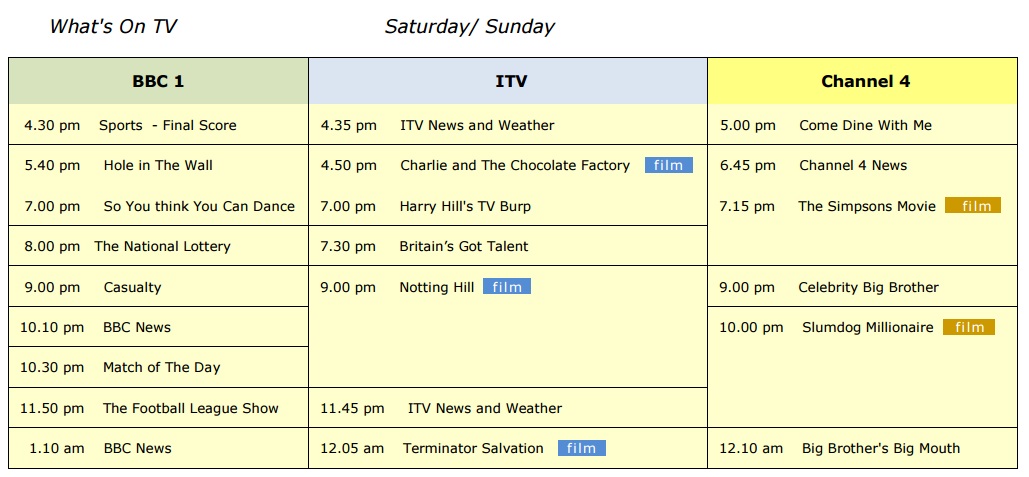Het arrangement BBL unit 6 My Sports and Hobbies is gemaakt met Wikiwijs van Kennisnet. Wikiwijs is hét onderwijsplatform waar je leermiddelen zoekt, maakt en deelt.
- Auteur
- Laatst gewijzigd
- 11-04-2023 13:42:04
- Licentie
-
Dit lesmateriaal is gepubliceerd onder de Creative Commons Naamsvermelding 4.0 Internationale licentie. Dit houdt in dat je onder de voorwaarde van naamsvermelding vrij bent om:
- het werk te delen - te kopiëren, te verspreiden en door te geven via elk medium of bestandsformaat
- het werk te bewerken - te remixen, te veranderen en afgeleide werken te maken
- voor alle doeleinden, inclusief commerciële doeleinden.
Meer informatie over de CC Naamsvermelding 4.0 Internationale licentie.
Aanvullende informatie over dit lesmateriaal
Van dit lesmateriaal is de volgende aanvullende informatie beschikbaar:
- Eindgebruiker
- leerling/student
- Moeilijkheidsgraad
- gemiddeld
Bronnen
| Bron | Type |
|---|---|
|
https://youtu.be/esalfW6yo1A?t=5s https://youtu.be/esalfW6yo1A?t=5s |
Video |
Gebruikte Wikiwijs Arrangementen
Het Perron Engels Onderbouw. (2019).
1KBL/TL Unit 6 : My Hobbies and Sports
https://maken.wikiwijs.nl/105014/1KBL_TL_Unit_6___My_Hobbies_and_Sports



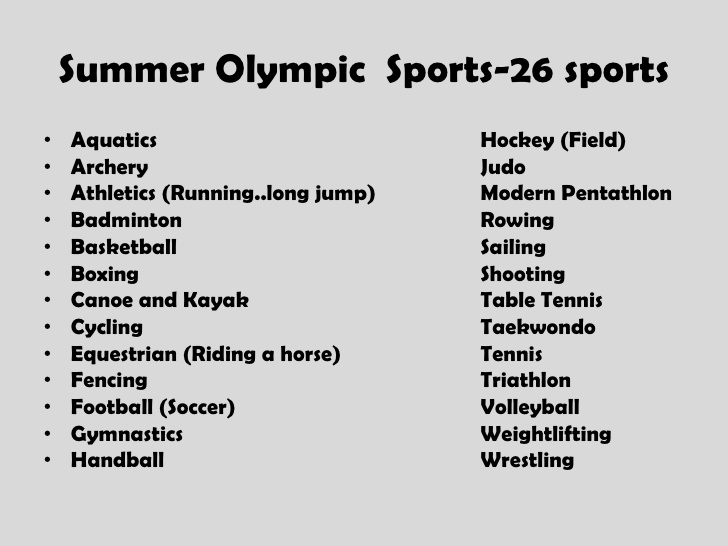

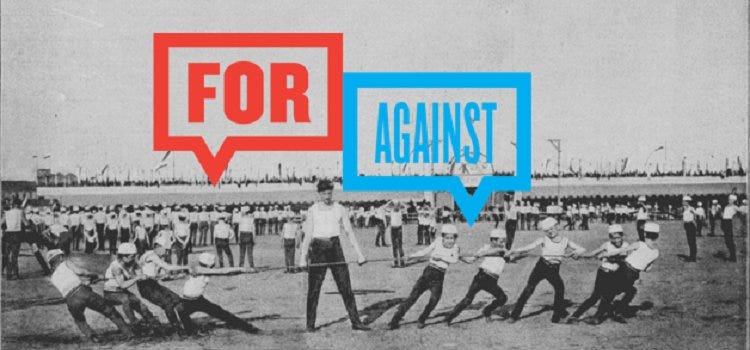
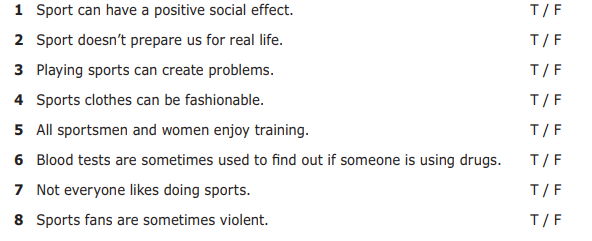

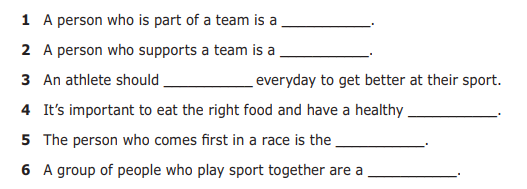

 ple.
ple.
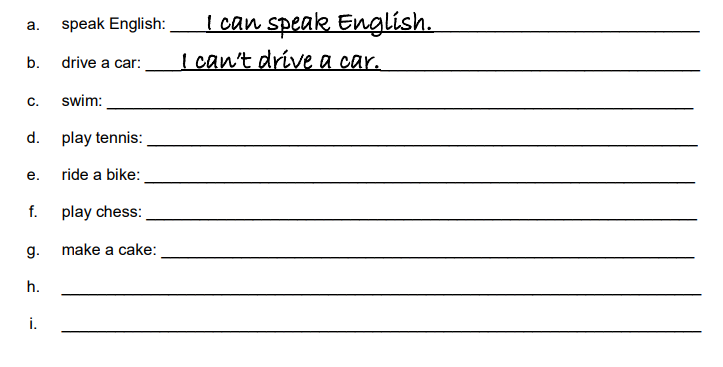



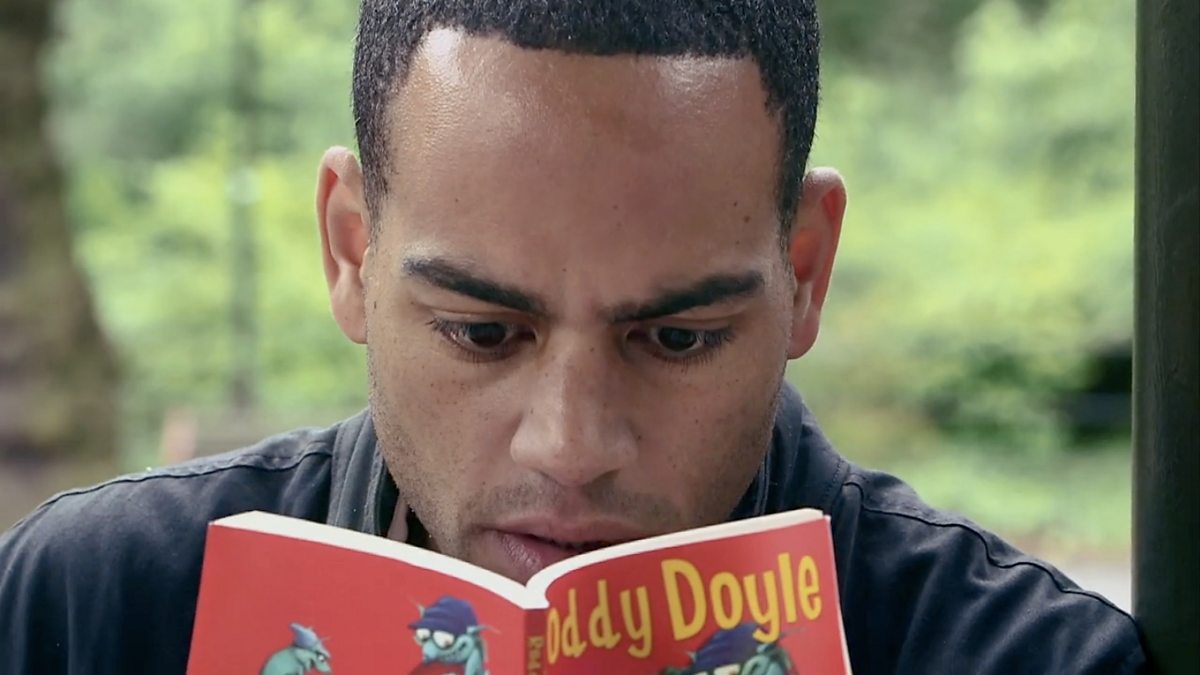



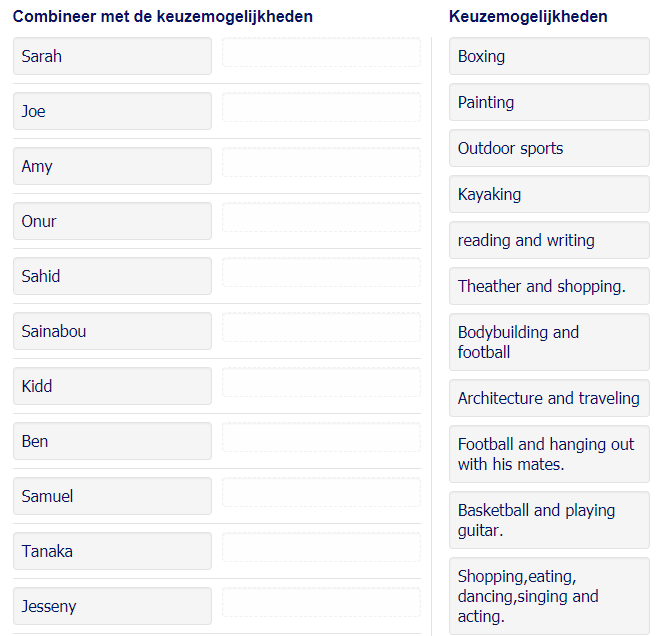


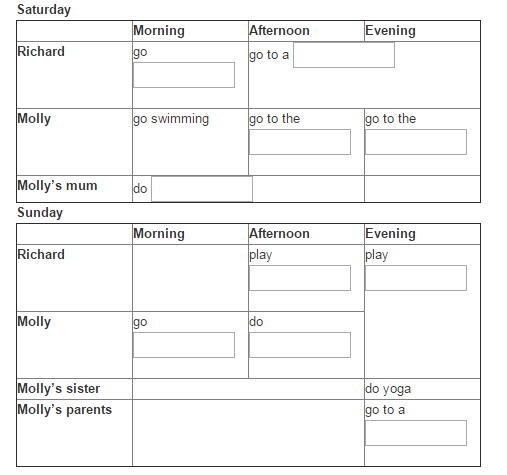


 because she works all week and is often too busy or tired at the weekends.
because she works all week and is often too busy or tired at the weekends./artist-57a218e23df78c3276da838a.jpg)


